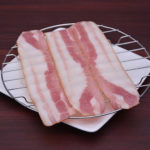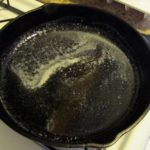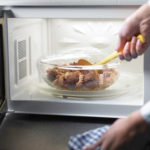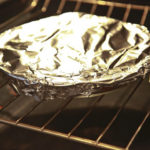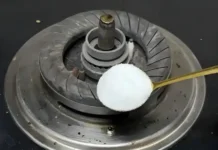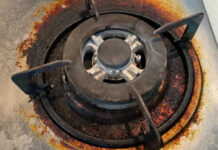In daily life, we often spend a lot of time and effort cleaning household items. However, not all items need to be cleaned too frequently. In fact, some items can be damaged and their lifespan reduced if cleaned too many times. Let’s find out more about this issue in the following article!
1. Bath Towel
A bath towel does not need to be washed immediately after each use if it is still clean and odorless. Hanging the bath towel to dry after each use can allow it to be used for one week without washing. This not only saves time and effort but also keeps the bath towel fresh for longer. Here are some tips for using bath towels:
- Hanging the towel: After using, hang the bath towel on a hook and place it in a well-ventilated area. When hanging, make sure not to fold the towel so that the water can evaporate quickly!
- Avoid dampness: You should place the bath towel in a dry area, away from humid environments. If your bathroom has enough sunlight, hang the bath towel near a window to take advantage of natural light and air.
- Wash regularly: Even though you don’t need to wash the bath towel after each use, you should still schedule regular washing to remove accumulated dirt and bacteria over time.
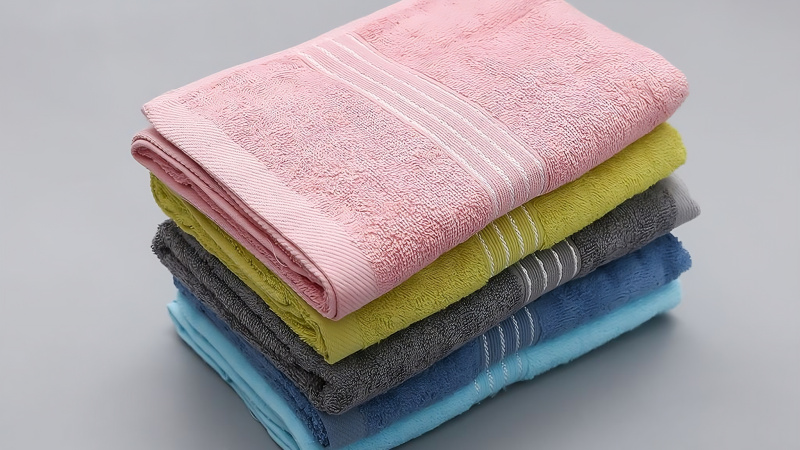
Bath towels do not need to be washed immediately after each use if they are still clean and odorless
2. Wooden Furniture
Wooden furniture can be damaged if cleaned too often with wax cleaning sprays. These sprays can accumulate oil and attract more dirt when used excessively. Instead of cleaning wooden furniture with wax cleaning sprays, you should use a dry cloth to clean them. Here are some specific guidelines for cleaning wooden furniture:
- Use a dry cloth: Use a soft lint-free cloth to clean wooden furniture. Dry cloth helps remove dirt and stains without damaging the wood surface.
- Avoid water use: Limit the use of water to wet wooden furniture, as water can cause deformation or damage to the wood surface. If you need to clean stubborn stains, use a little damp water on a dry cloth and gently wipe.
- Avoid using strong cleaners: Limit the use of strong detergents or corrosive chemicals when cleaning wooden furniture. These substances can cause damage and take away the natural beauty of wood.
- Avoid sunlight: Place wooden furniture in a location without direct sunlight to prevent color fading and wood distortion over time.

Wooden furniture can be damaged if you clean them too often with wax cleaning sprays
3. Mirror
Using glass cleaner to clean the mirror every day can damage the mirror and create black spots around the edges or in the middle of the mirror. This is because the chemicals in glass cleaner can affect the protective coating on the mirror surface, damaging the mirror and causing black spots. To protect the mirror and avoid unwanted black spots, it’s best to avoid using glass cleaner on the mirror every day. Instead, you should clean the mirror with a soft, clean cloth. Additionally, it’s best to clean the mirror no more than once a week to avoid damaging the mirror and maintain the mirror surface in the best condition!

Avoid using glass cleaner on the mirror every day
4. Oven
When cooking, food does not come into direct contact with the surface of the oven, and the high heat from the oven helps kill bacteria. Therefore, you only need to clean the oven lightly after each use and only use dishwashing liquid when they are dirty. Here are some tips for cleaning the oven:
- Wait for the oven to cool: Wait for the oven to completely cool down before cleaning. Cleaning the oven when it is still hot can cause burns or injuries.
- Clean the interior surface of the oven: Use a soft wet cloth or sponge to clean the interior surface of the oven. You can use a mild cleaner, such as clean water and dishwashing liquid, to clean stubborn stains.
- Wash oven accessories: If there are accessories such as baking trays or grills, wash them with warm water and dishwashing liquid.
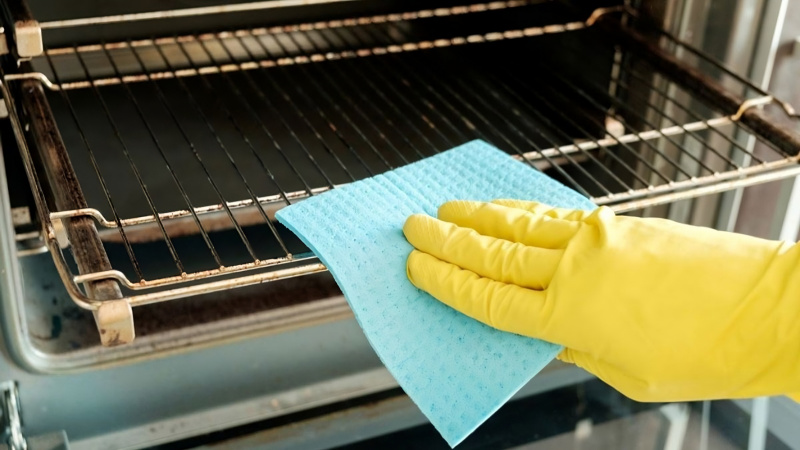
Avoid using strong detergent to clean the oven too frequently
5. Cast Iron Pan
Washing cast iron pans with dishwashing liquid can damage the cast iron surface, leading to loss of non-stick coating and rust. Replace dishwashing liquid with coarse salt and water as a safe way to clean cast iron pans. Here are specific instructions for cleaning cast iron pans with coarse salt and water:
- Prepare coarse salt solution: Add a coarse salt amount to warm water to create a solution. The usual ratio is about 1-2 tablespoons of coarse salt for every liter of clean water.
- Clean the cast iron pan: Use a good quality brush or moist soft cloth to gently scrub the surface of the cast iron pan with the coarse salt solution. Make sure to clean all dirt and stubborn stains.
- Rinse the pan and clean: After cleaning the pan with the coarse salt solution, rinse with water and clean the pan with clean water.
- Air dry the pan: After cleaning, dry the cast iron pan with a clean cloth or let it air dry naturally in the open air.
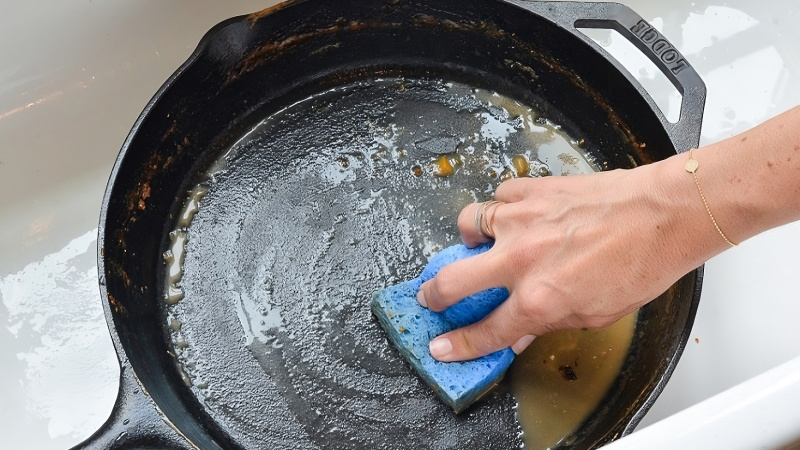
Washing cast iron pans with dishwashing liquid can damage the cast iron surface, leading to loss of non-stick coating and rust
6. Wool Sweater
Washing wool sweaters too often can cause them to stretch, become fuzzy, and lose their shape. This happens because the washing and spinning process can remove the natural elasticity of wool fibers, causing the sweater to stretch, lose its shape, and no longer fit properly. To protect wool sweaters and maintain their shape, you should follow these guidelines:
- Wash the sweater when necessary: You don’t need to wash wool sweaters after each wear, unless they are truly dirty. If the sweater is not stained or has an unpleasant odor, you can hang it outside to air out and reuse it multiple times before washing.
- Hand wash or gentle wash: If you choose to machine wash the sweater, use a gentle wash cycle. This helps reduce impact and friction on the wool sweater, keeping the sweater well protected.
- Soften the water: If the water in your area is hard water, use a water softener to reduce the impact of mineral deposits on wool sweaters.
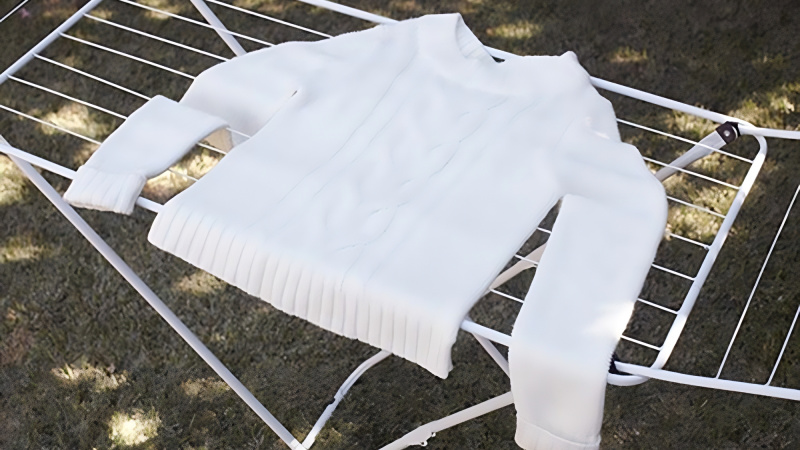
Washing wool sweaters too often can cause them to stretch, become fuzzy, and lose their shape
7. Jeans
Jeans are usually made of durable and sturdy denim fabric. Washing jeans too frequently can cause color fading, stretching, or damage to the details on the jeans. To protect and maintain the quality of jeans, consider the following suggestions:
- Wash when necessary: You don’t need to wash jeans after every wear, unless they are truly dirty.
- Wash by color group: When washing jeans, group jeans of the same color together to avoid color fading. New jeans may have a tendency to lose color in the first wash, so wash separately if possible.
- Use gentle cycle: You should use a gentle wash cycle to reduce the impact on jeans. This helps protect the denim fabric and keep the jeans from stretching or getting damaged.
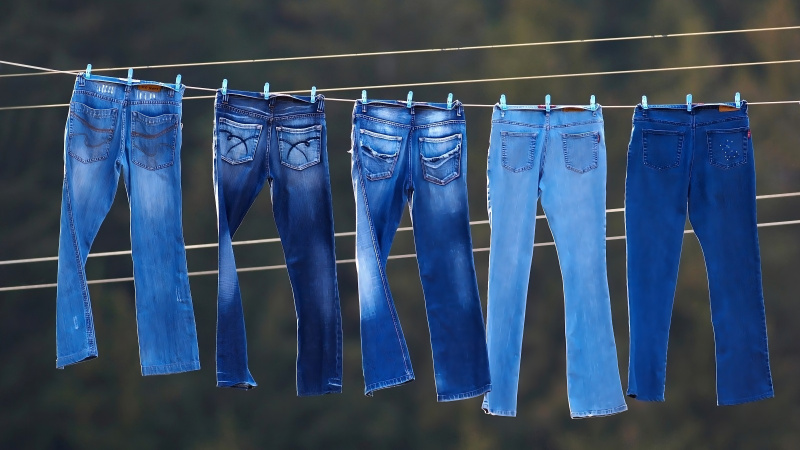
Washing jeans too frequently can cause color fading, stretching, or damage to the details on the jeans
8. Electronic Devices
For electronic devices such as computers, TVs, and mobile speakers, you do not need to clean them too frequently. However, you should keep them in a clean and well-ventilated area to prevent excessive dust buildup. Occasionally, you can wipe the exterior surfaces with a soft cloth to remove dust.
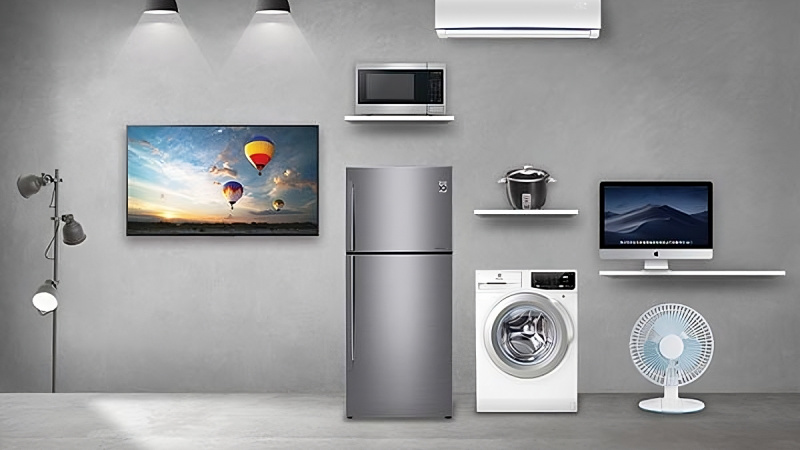
For electronic devices such as computers, TVs, and mobile speakers, you do not need to clean them too frequently
9. Clay Teapot
You do not need to wash clay teapots too frequently with strong detergents. After drinking tea, pour out the tea and rinse the teapot with hot water. The hot water will help cleanse any residue and remove the tea aroma. When necessary, you can use a soft brush to gently scrub the inside and outside of the clay teapot. Make sure not to use a stiff brush or strong cleansers to avoid damaging the clay surface.
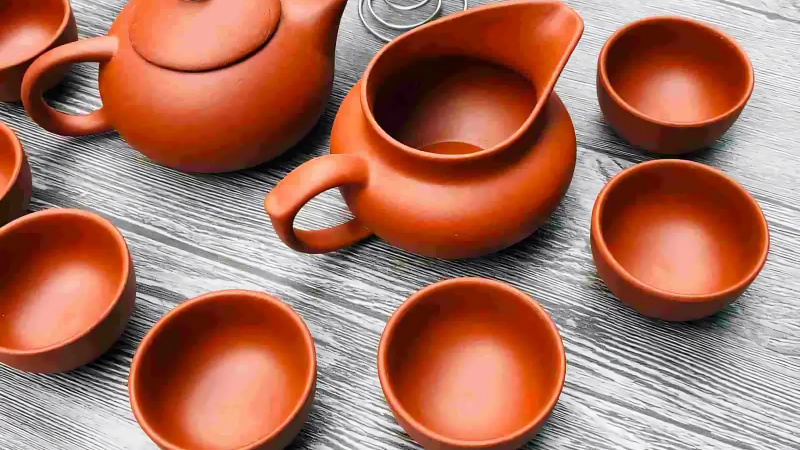
You do not need to wash clay teapots too frequently with strong detergents
10. Curtains
- Dust regularly: Use a soft duster, soft brush, or vacuum cleaner to remove dust from the surface of the curtains. This can be done weekly or as needed depending on the level of dust.
- Handle small stains: If the curtains have small stains, use a clean, damp cloth to gently wipe them off. Avoid using strong cleaners or scrubbing too hard, as this can damage the curtain material.

Above are our suggestions on 10 items that do not need to be cleaned too frequently to avoid damage. We hope that with this article, you have gained useful information. Thank you for following!

























